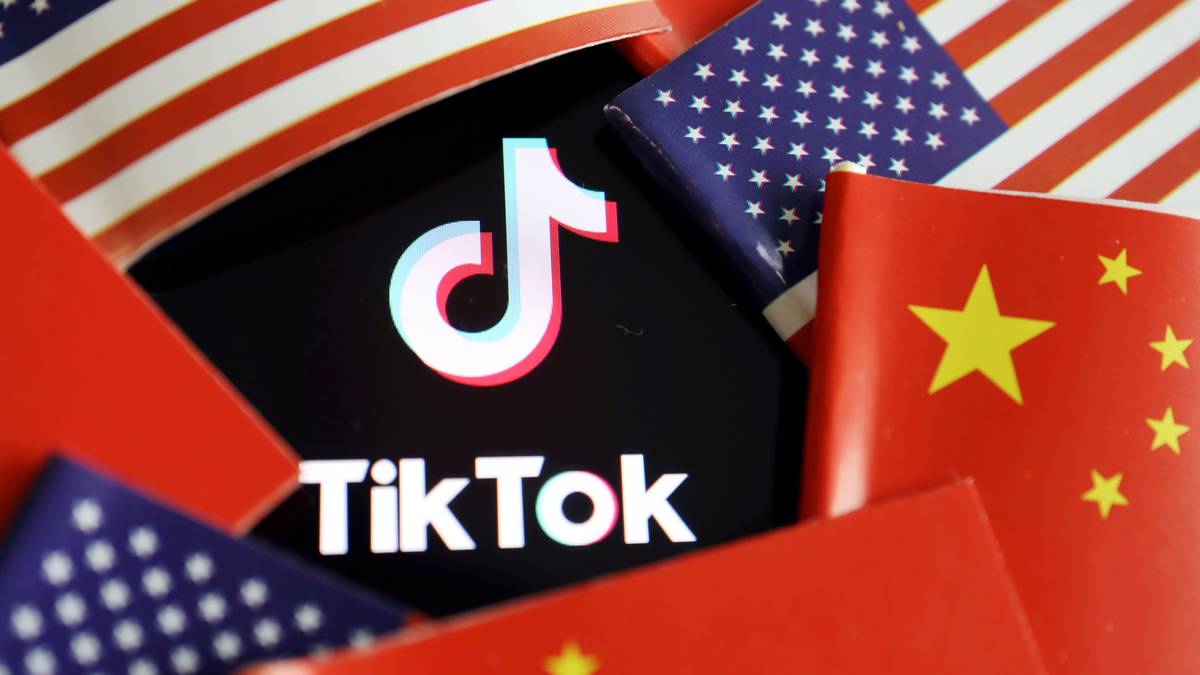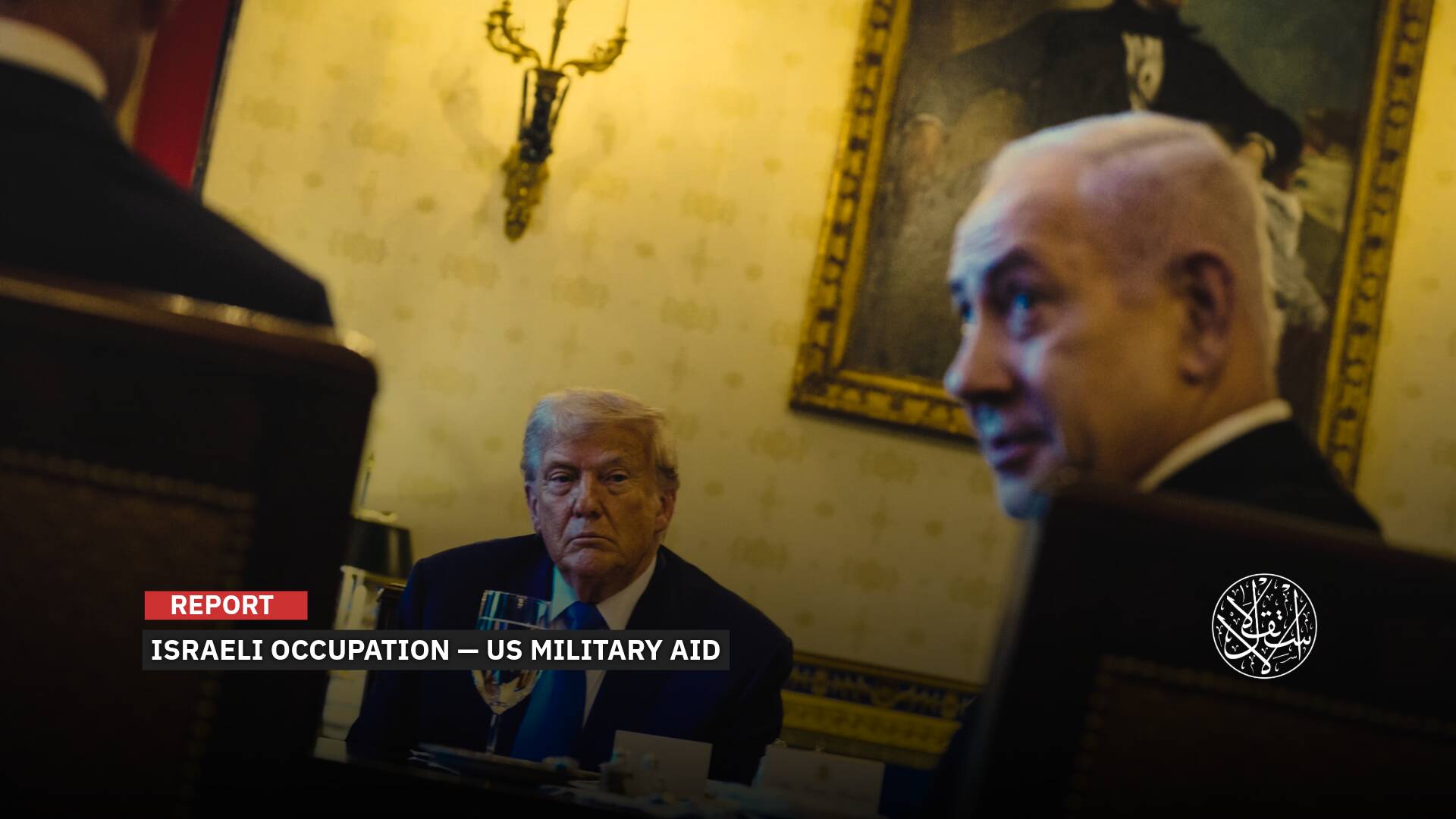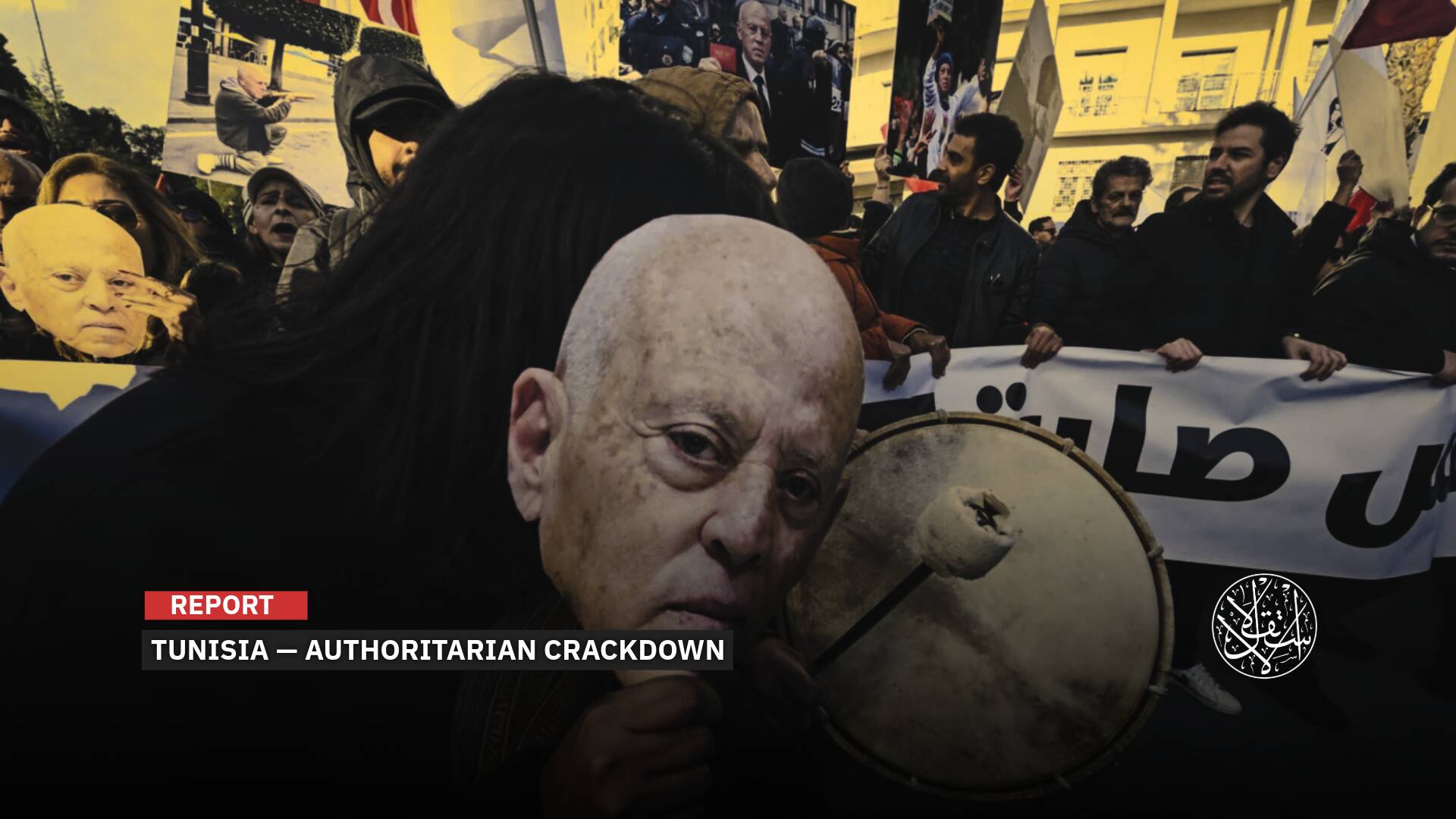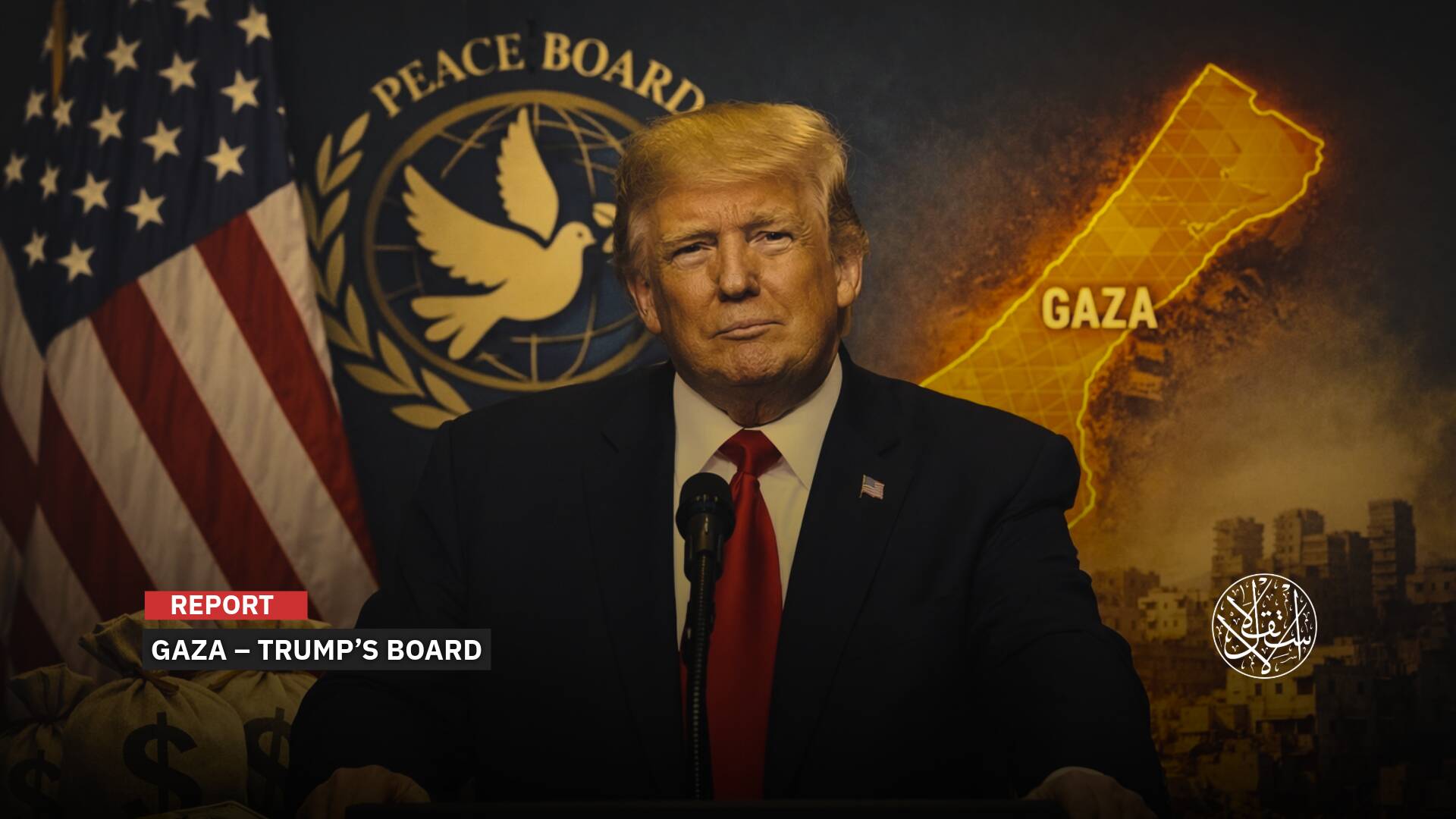Can Donald Trump Postpone TikTok Ban in the US?

“Trump now has more than 14.7 million followers on TikTok.”
US President-elect Donald Trump recently expressed his preference for allowing TikTok to continue operating in the United States, at least temporarily, noting that his presidential campaign has achieved great success through this platform, as it has received billions of views.
Trump had previously requested in a legal memorandum to the Supreme Court to postpone the potential ban on TikTok so that he could negotiate a way for the platform to continue operating in the country.
He denied accusations that he changed his tune because a major investor in Bytedance, hedge funder Jeff Yass, is donating to his campaign.
Despite presenting arguments related to the First Amendment of the US Constitution and the economy to save TikTok, it is not yet known whether the Supreme Court will respond and intervene to save the platform or shut it down.
In April, President Joe Biden signed a bipartisan bill giving TikTok’s parent company ByteDance 270 days to sell the platform to a non-Chinese company or face a ban in the United States.
Trump told CNBC in March that moves against TikTok would benefit Facebook, which he called an enemy of the people.
Political Influence
TikTok’s future in the United States has become a topic of renewed debate after President-elect Donald Trump asked the Supreme Court to delay a potential ban on the platform that was set to go into effect on January 19, asserting that his administration could find a political solution to the issue after his inauguration.
On December 27, nearly 20 briefs were filed with the Supreme Court by groups and officials taking different positions on the issue.
CNN reported that a number of former Trump administration officials have filed legal briefs in support of the Biden administration’s position on banning TikTok.
These officials include Jeff Sessions, Trump’s first attorney general, and Ajit Pai, the Trump-appointed chairman of the Federal Communications Commission from 2017 to 2021.
The Advancing American Freedom, launched by Trump’s first-term vice president Mike Pence in 2021, signed a legal brief supporting the TikTok ban, calling the platform a digital fentanyl and technological weapon.
The brief, filed by Trump last week, did not take a position on whether the law, which requires the company to be sold or face a ban, unlawfully restricts free speech and violates the First Amendment.
Instead, the brief praised Trump’s deal-making expertise, electoral mandate and political will to negotiate a solution to save the platform, while addressing the government’s security concerns, which Trump has previously voiced.
In turn, TikTok asked the court to strike down the ban on the platform, arguing that it poses an unjustified threat to free speech and user rights.
The Biden administration, on the other hand, has stressed its position that the law is necessary to address national security risks associated with the platform.
TikTok is believed to allow the Chinese government to access data on its more than 170 million American users or influence content for political ends.

Significant Sanctions
Four years ago, TikTok was directly threatened by then-President Trump, who said his administration might consider banning it, echoing allegations by Republican politicians that the platform could be used by Beijing for espionage.
Indeed, in August 2020, Trump issued an executive order requiring ByteDance to divest its US operations, either by selling the platform or relinquishing control of it, or face significant penalties.
Trump alleged at the time that the platform allowed the Chinese Communist Party to track the locations of federal employees and contractors, build dossiers of personal information for blackmail, and spy on businesses.
That executive order prompted TikTok to file a lawsuit against the US government, accusing it of failing to follow due process in trying to ban the platform.
Although Biden rescinded Trump’s executive order in 2021, concerns about the platform have continued to linger in his administration and among lawmakers from both parties.
In March 2024, the US House of Representatives passed legislation by a vote of 352 to 65 that would force ByteDance to sell TikTok or ban the platform in the United States, but it stalled in the Senate.
That stalemate prompted House Republicans to attach a revised bill on the platform to the foreign aid package for “Israel” and Ukraine, in order to pressure the Senate to pass the TikTok ban, which it did.
Ironically, Trump opposed the congressional moves at the time to ban the platform, but his opposition did not go down well with his Republican supporters in Congress.
Beijing, in turn, criticized the decision and vowed to take all necessary measures to protect the interests of its companies abroad, describing the American move as a bandit mentality.

Trump’s Motives
During his campaign, Trump pledged to keep TikTok accessible to its more than 170 million American users if he wins the election.
Many officials close to the president-elect believe that banning TikTok would be a major blow to Trump’s base. Many of his supporters use the platform to promote him and his political ideas, making a ban unsuitable for him.
Recent polls indicate a marked rejection among American voters, especially younger people, against a ban on TikTok.
A May poll by ABC News/Ipsos found that 75% of Americans oppose any government effort to force the sale of TikTok or implement a ban.
According to a Pew Research Center poll, support for banning the platform fell from 50% in March 2023 to just 32% by September 2024.
Trump’s shift on TikTok wasn’t just driven by its role in attracting more than 14.7 million young followers who supported him during his campaign, but by the Republican Party’s top donor, Jeff Yass.
Yass, who donated more than $46 million in contributions during the last election cycle, owns a significant 15% stake in ByteDance, which owns the platform.

In turn, Washington-based activist Omar Taha said in a statement to Al-Estiklal that Trump's request to the Supreme Court to stop the ban on TikTok may be due to his desire to buy time to reach an agreement with the owners of ByteDance.
He pointed out that Trump's motives may be driven by his political or economic interests, or an attempt to achieve diplomatic gains with China.
Sources
- Trump opposes TikTok ban, asks Supreme Court for time to resolve via negotiations
- The House votes for possible TikTok ban in the US, but don’t expect the app to go away anytime soon
- U.S. Judge Halts Trump's TikTok Ban, The 2nd Court To Fully Block The Action
- Trump asks Supreme Court to pause TikTok ban, while Biden admin says app poses ‘grave’ threat
- More people support than oppose a TikTok ban; frequent users, young adults push back











